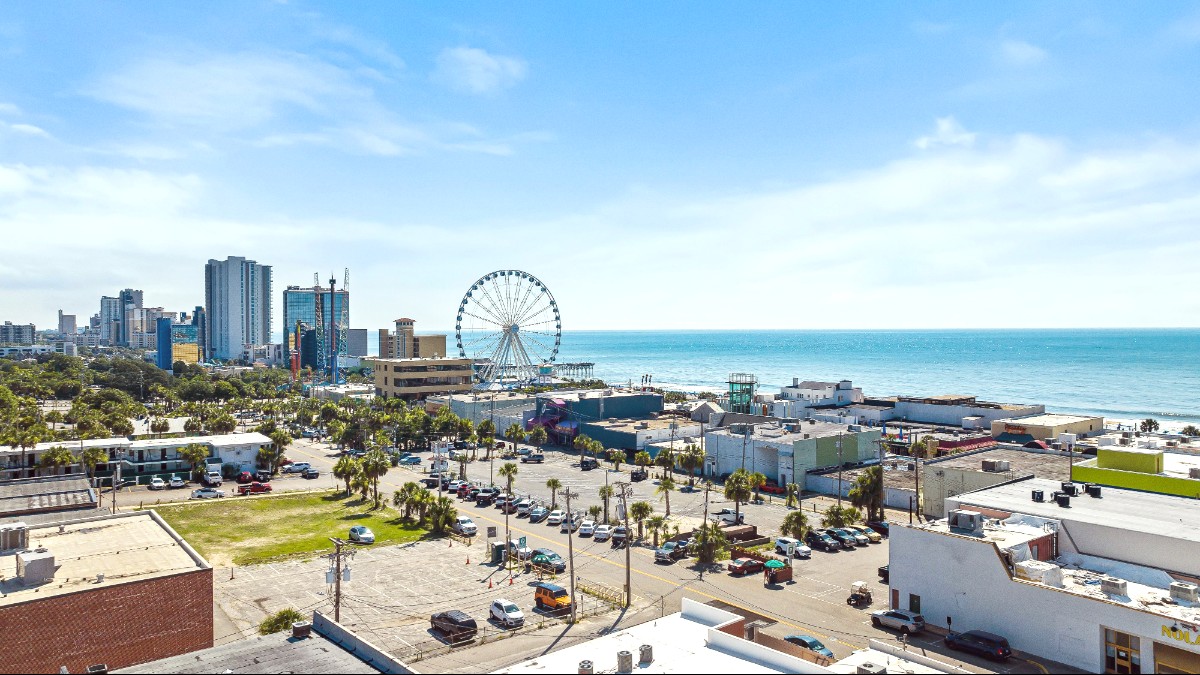
South Carolina, USA
This park manages and protects coastal ecosystems, including fragile dune systems and maritime forests. Visitors stay on designated paths.
Another park actively involved in preserving coastal habitats and wildlife. Boardwalks guide access to the beach, protecting dunes.
Located inland, this refuge focuses on preserving diverse habitats for migratory birds and other wildlife, providing a tranquil escape.
Mindful habits during your trip contribute to environmental care.
Use designated trash receptacles on beaches and in public areas. Littering is discouraged. Pack out everything you pack in.
South Carolina experiences periods where water resources are important. Be mindful of your water usage, especially in hotels.
Local tour operators typically do not provide carbon offset options. However, travelers purchase carbon offsets independently for their travel.
Seek hotels with environmental certifications or those that clearly practice sustainability initiatives.
Support brands committed to environmental and social responsibility, such as outdoor gear from Patagonia.
Package Free ShopChoose tour operators that prioritize eco-tourism principles, especially for natural attractions. Consider ethical operators like G Adventures.
The Rainforest SiteSmall actions contribute to the preservation of coastal ecosystems. Your mindful choices make a positive difference.
While Myrtle Beach a modern resort, the wider South Carolina Lowcountry region has a rich heritage, including the Gullah Geechee people.
Politeness and courtesy are recommended in all interactions. Southern hospitality a hallmark of the region.
Generally, no restrictions on photography in public spaces. Be mindful of privacy in residential areas; avoid photographing homes without permission.
Myrtle Beach lacks many prominent religious sites serving as tourist attractions. If visiting a place of worship, dress modestly and be respectful.
While direct community-based tourism where visitors stay within local villages is less prevalent in this large resort, your choices still affect the local economy.
Buying from local businesses keeps money circulating within the community.
Your tourism dollar indirectly aids local services and infrastructure.
Support the local economy responsibly; your choices matter.
Seek out souvenirs and products crafted by local artisans.
Prioritize independent shops over large chain stores for your purchases.
Look for fair trade certified goods where available, ensuring ethical production.
Every choice, from where you eat to what you buy, shapes your destination's future.
Prioritize local businesses to keep tourism dollars circulating within the community.
Adhere to waste and water guidelines to preserve natural beauty.